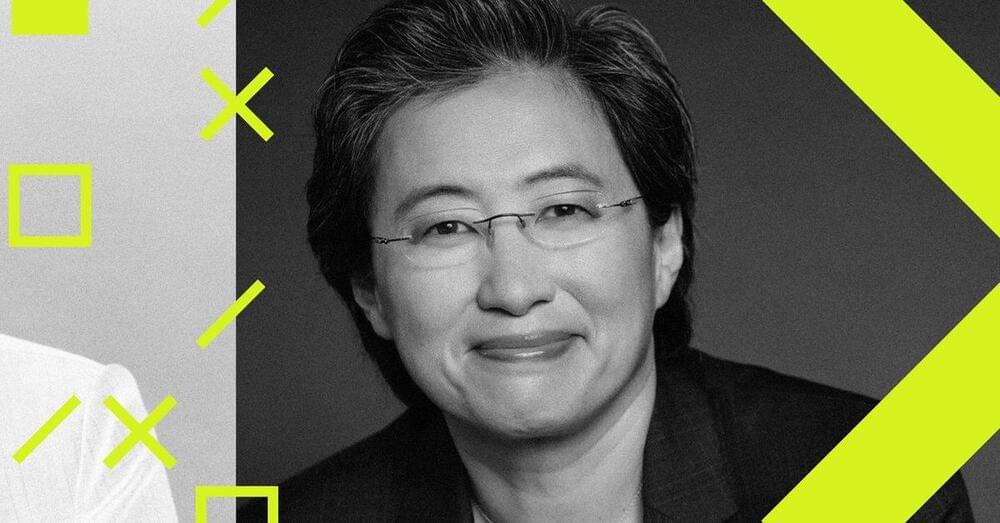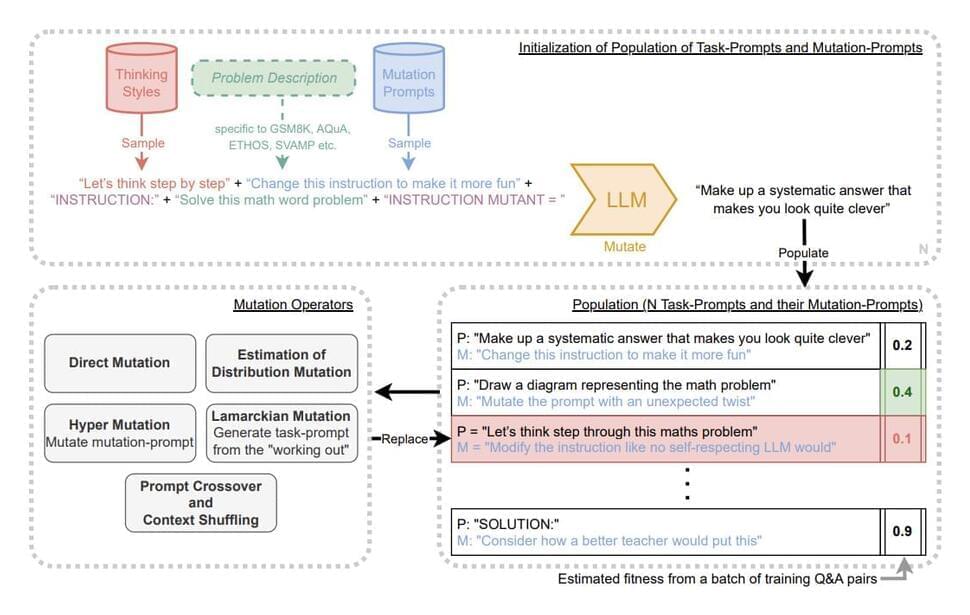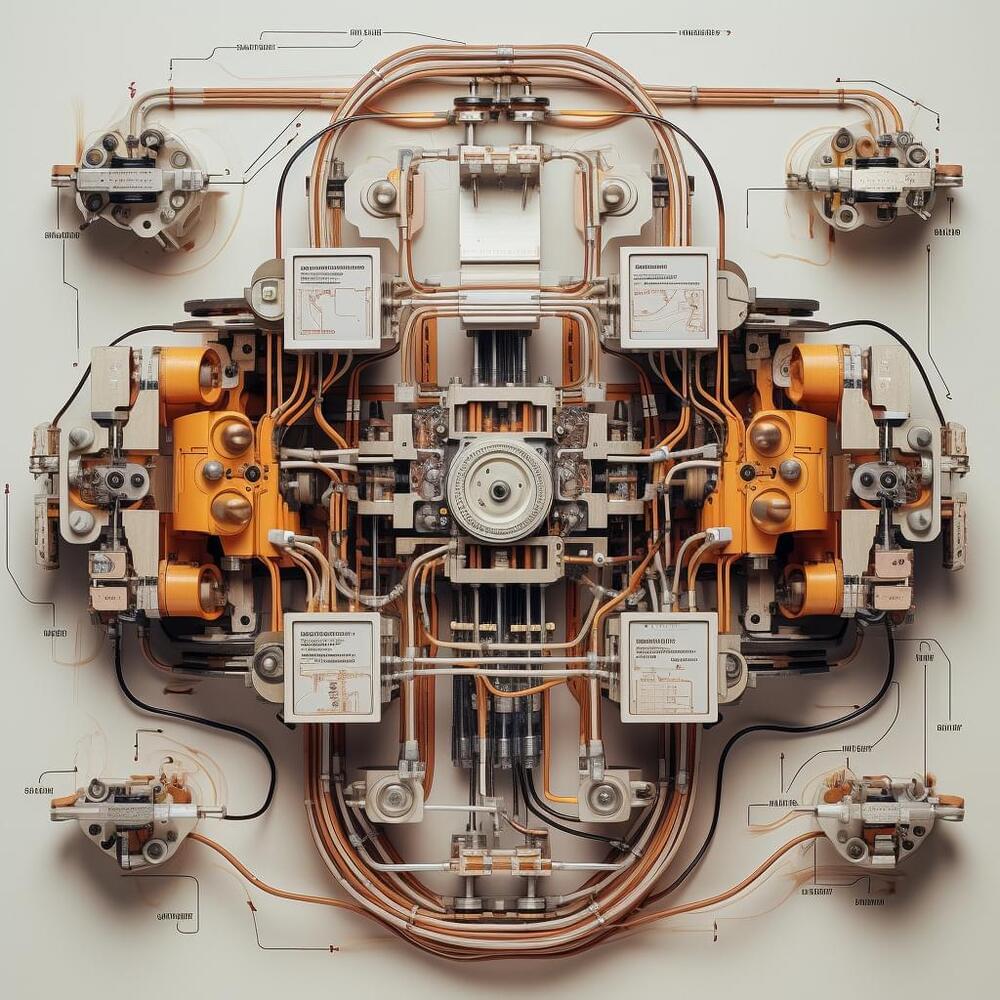VentureBeat presents: AI Unleashed — An exclusive executive event for enterprise data leaders. Network and learn with industry peers. Learn More
With all the generative AI hype swirling among evangelists, one might think that the Fortune 500 is galloping wildly towards putting large language models (LLMs) into production and turning corporate America into one big chatbot. To that, I say: “Whoa, Nelly!” — meaning, think again.
That’s because for all the C-suite executives out there feeling generative AI FOMO and getting pressure from CEOs to move quickly to develop AI-centric strategies, things are actually moving far slower than you might imagine (or AI vendors, who warn companies about falling behind, might want). As I reported back in April, there’s certainly no doubt that executives want to access the power of generative AI, as tools such as ChatGPT continue to spark the public imagination. But a KPMG study of U.S. executives that month found that a solid majority (60%) of respondents said that while they expect generative AI to have enormous long-term impact, they are still a year or two away from implementing their first solution.





